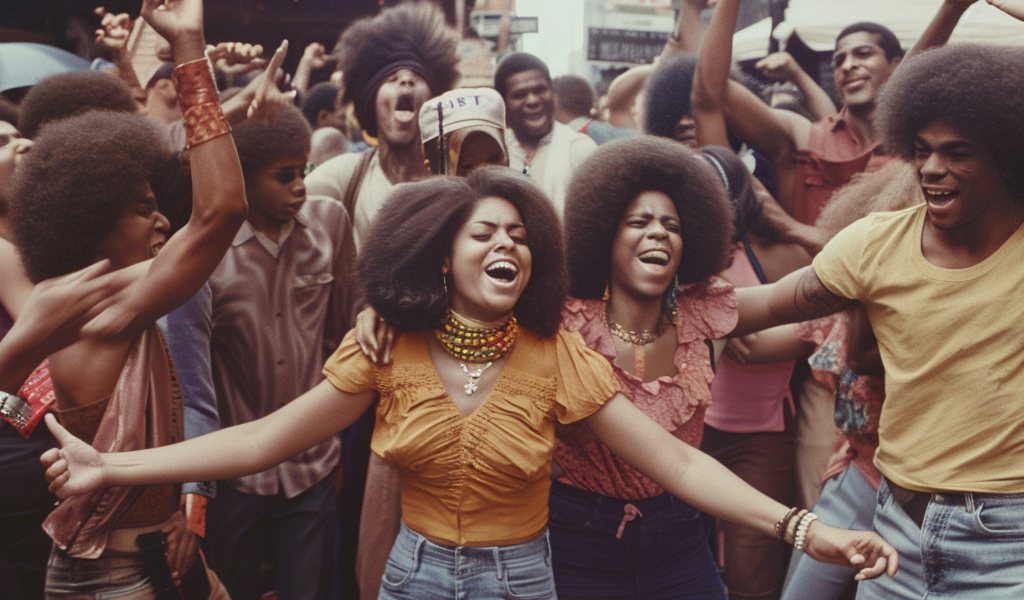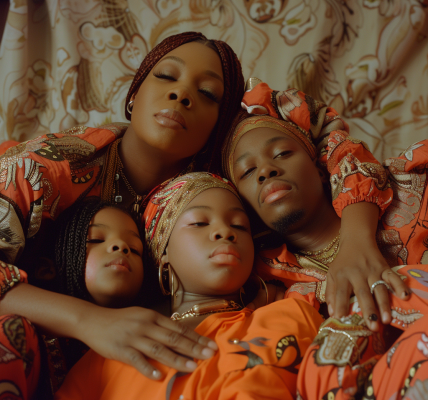In a recent statement that has stirred considerable discussion, Victor Willis, the lead singer and co-writer of the iconic disco group Village People, has publicly defended President-elect Donald Trump’s frequent use of their hit song “Y.M.C.A.” at campaign rallies. According to Willis, the song, which has often been labeled a “gay anthem,” was not intended to carry that connotation when it was written.
Willis took to Facebook to clarify his stance, asserting that he was unaware of any association between the YMCA and the LGBTQ+ community when he penned the lyrics. He emphasized that his inspiration came from his understanding of the YMCA as a global youth organization, particularly the branches located in urban areas like San Francisco.
“When I say, ‘hang out with all the boys,’ that is simply 1970s black slang for black guys hanging out together for sports, gambling, or whatever. There’s nothing gay about that,” Willis explained, addressing one of the song’s most recognizable lines.
Despite the song’s popularity, Willis has faced backlash, receiving over 1,000 complaints regarding Trump’s use of “Y.M.C.A.” at his rallies. The former president has been known to dance to the track during the concluding moments of his events, a practice that began during his 2020 campaign and has continued into his current political endeavors. This signature move has not only become a hallmark of his rallies but has also sparked a notable uptick in the song’s popularity, with data indicating a surge in search interest and streaming on Election Day.
Willis remarked on the unexpected consequences of Trump’s dance, noting that athletes across various sports began to mimic the moves, leading to discussions about the intersection of politics and sports. As the song gained traction in political contexts, Willis expressed his desire for Trump to cease using it, describing the situation as a “nuisance.” However, he acknowledged that Trump had secured a political use license from BMI, the organization responsible for enforcing music performance rights, which legally permits the former president to continue utilizing the song.
As the debate continues over the implications of Trump’s use of “Y.M.C.A.,” Willis remains firm in his belief that the song should not be categorized as an anthem for any specific group. The discussion highlights the complexities of music, culture, and politics, and how interpretations can evolve over time.
In light of this ongoing conversation, it is clear that the legacy of “Y.M.C.A.” transcends its original intent, becoming a cultural touchstone that resonates across various demographics and contexts. Whether it is celebrated at sporting events, political rallies, or dance floors, the song endures as a staple of American pop culture.
As the political landscape continues to shift, the relationship between music and politics will undoubtedly remain a topic of interest, prompting further analysis and dialogue among fans, artists, and political figures alike.





